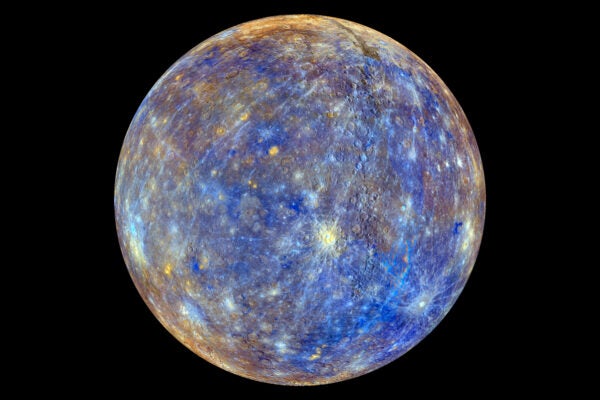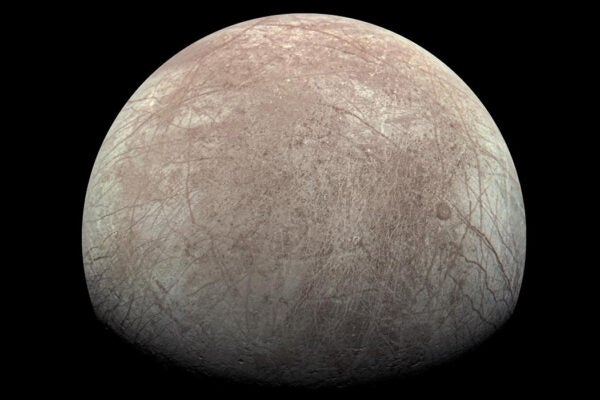The Space Race’s Forgotten Theme Park
Preserved documents and photographs trace the rise and fall of an ambitious space-themed park born of 1960s Space Race optimism.
“Space Tornadoes” Could Cause Geomagnetic Storms
But these phenomena, spun off ejections from the Sun, aren’t easy to study.
Shifting Forces: The Evolving Debate Around Dark Energy
New evidence suggests the universe might not behave as expected, raising questions about the costs of being wrong.
Garbage on the Final Frontier
We’ve trashed Earth, so let’s trash space… Oh, wait, we already have!
Skylab, Sealab, and the Psychology of the Extreme
During the Cold War, small groups of Americans lived together in space and at the bottom of the sea, offering psychologists a unique study opportunity.
When Everything in the Universe Changed
The revolutionary James Webb Space Telescope and next-gen radio telescopes are probing what’s known as the epoch of reionization.
The Moon Might Be Older Than Scientists Previously Thought
A new study shines light on its history.
The Arecibo Message Fifty Years Later
In November 1974, astronomers used the radio telescope at Puerto Rico's Arecibo Observatory to send a hello to the universe.
NASA’s Europa Clipper
The spacecraft will investigate whether an icy moon of Jupiter can support alien life.









